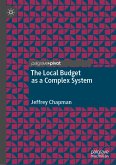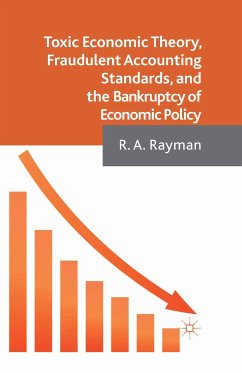Robert Haywood Scott, III is the Greenbaum/Ferguson/NJAR endowed chair in real estate policy and Professor in the Department of Economics, Finance & Real Estate at Monmouth University. His two previous books Kenneth Boulding: A Voice Crying in the Wilderness (2015) and Pesos or Plastic? Financial Inclusion, Taxation, and Development in South America with Kenneth Mitchell (2019) were both published with Palgrave.
Joseph N. Patten is Professor of Political Science at Monmouth University, where he teaches courses in American politics and public policy. He earned his Ph.D. in Political Science from West Virginia University. The fourth edition of his co-authored textbook titled Why Politics Matters: An Introduction to Political Science is scheduled to be published in April of 2024.
Kenneth Mitchell is Professor of Political Science at Monmouth University. He earned his PhD in Politics from Oxford University. His publications include Pesos or Plastic? (2019), State-Society Relations in Mexico (2001) and peer-reviewed articles appearingin the Journal of Post Keynesian Economics, Monthly Review, Challenge, Bulletin of Latin American Research, The Latin Americanist and the Journal of Oxford Development Studies.
Dieser Download kann aus rechtlichen Gründen nur mit Rechnungsadresse in A, B, BG, CY, CZ, D, DK, EW, E, FIN, F, GR, HR, H, IRL, I, LT, L, LR, M, NL, PL, P, R, S, SLO, SK ausgeliefert werden.









